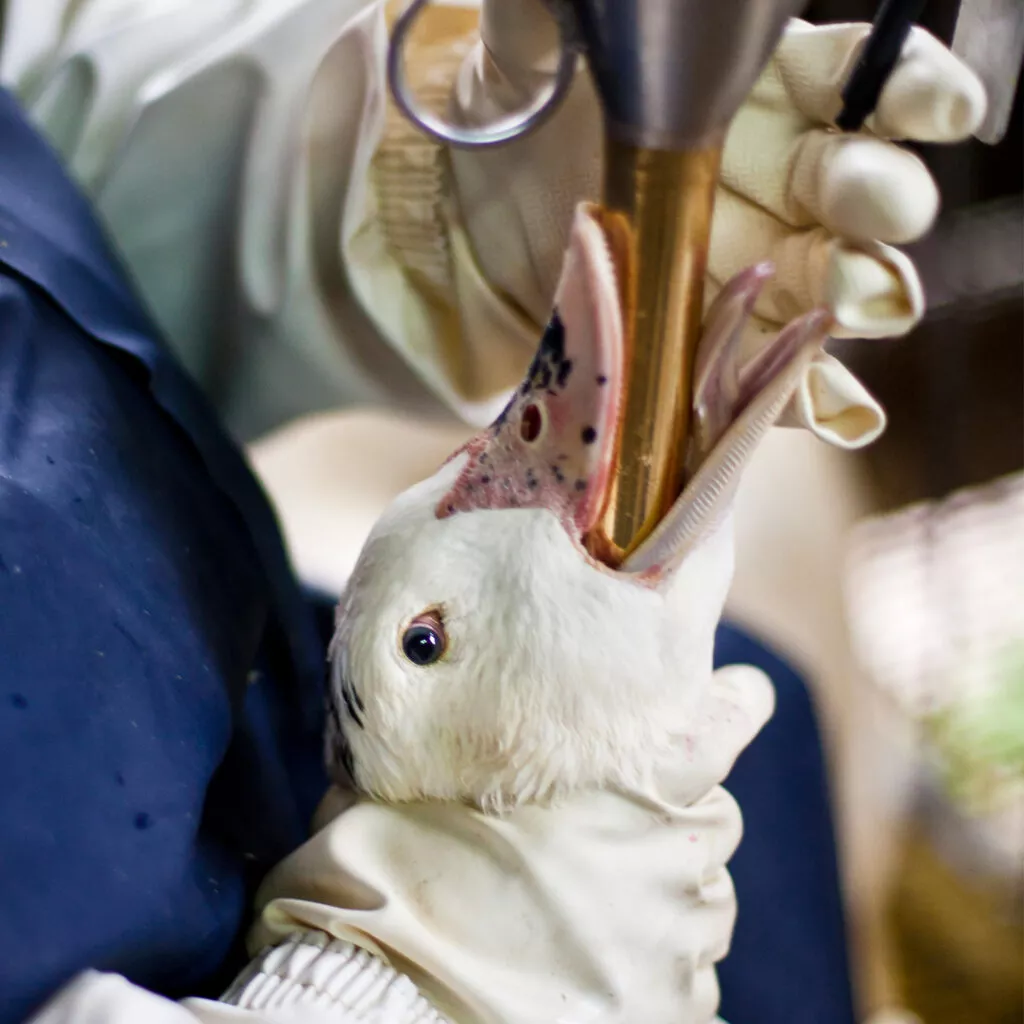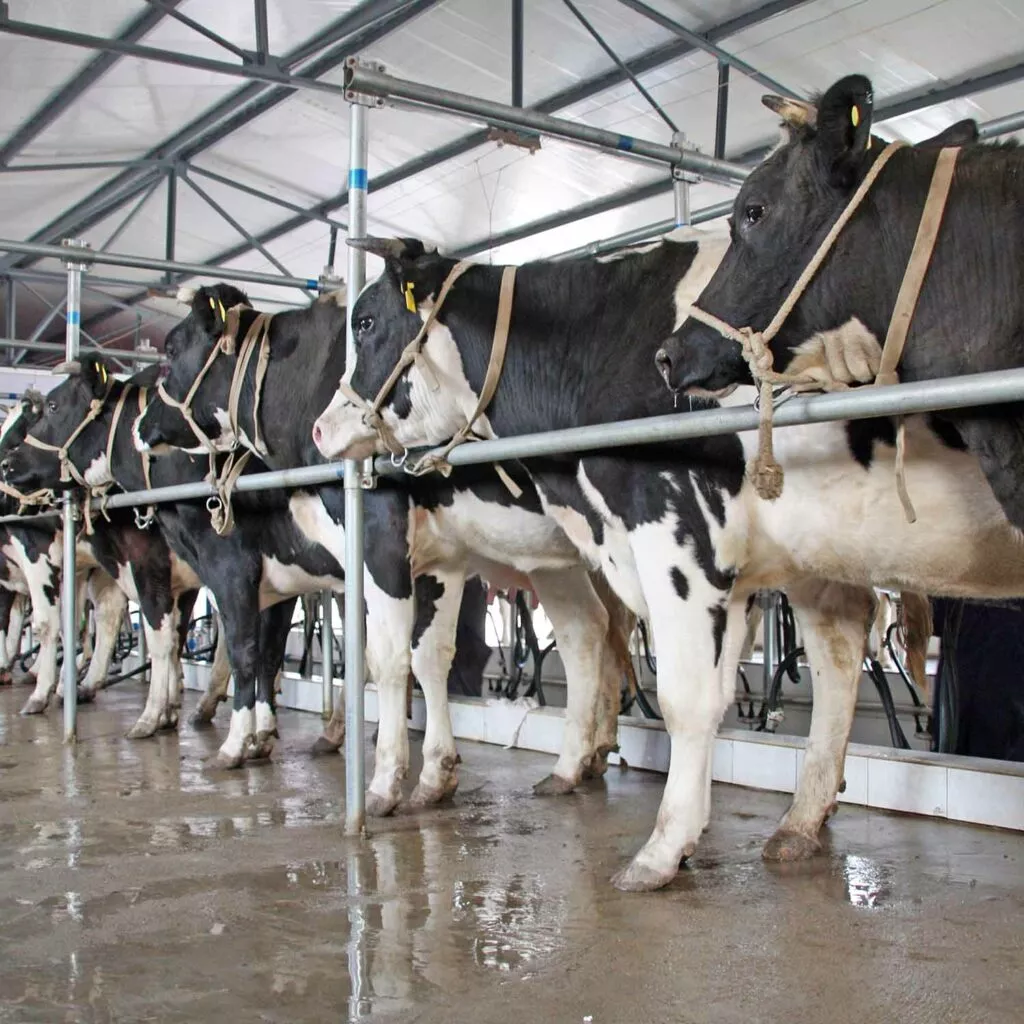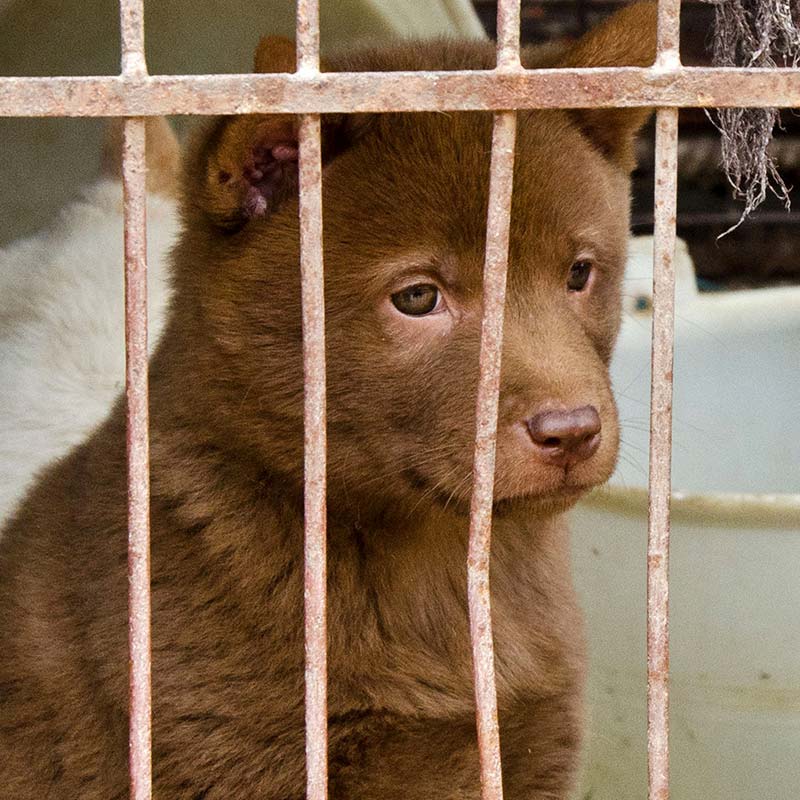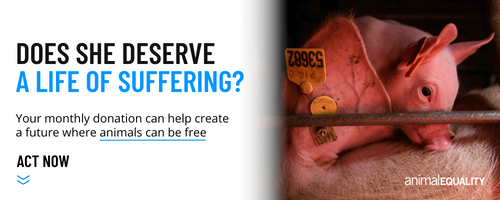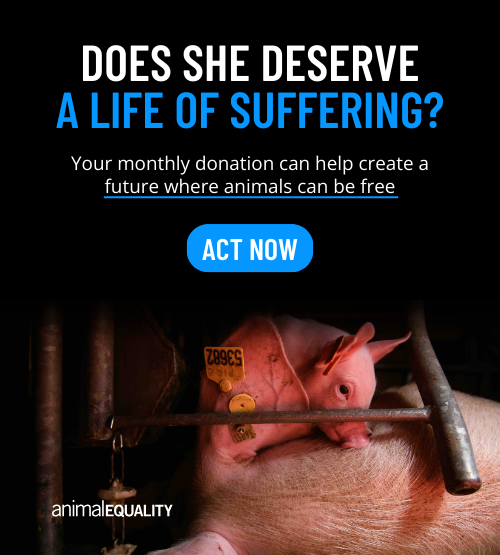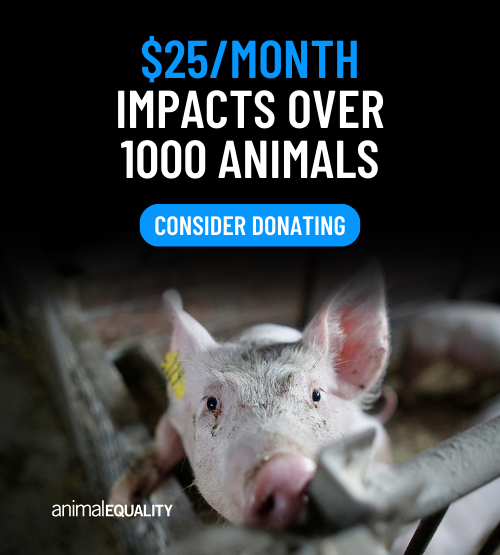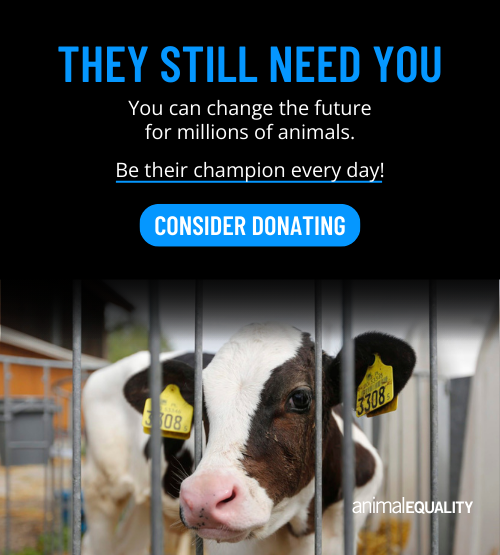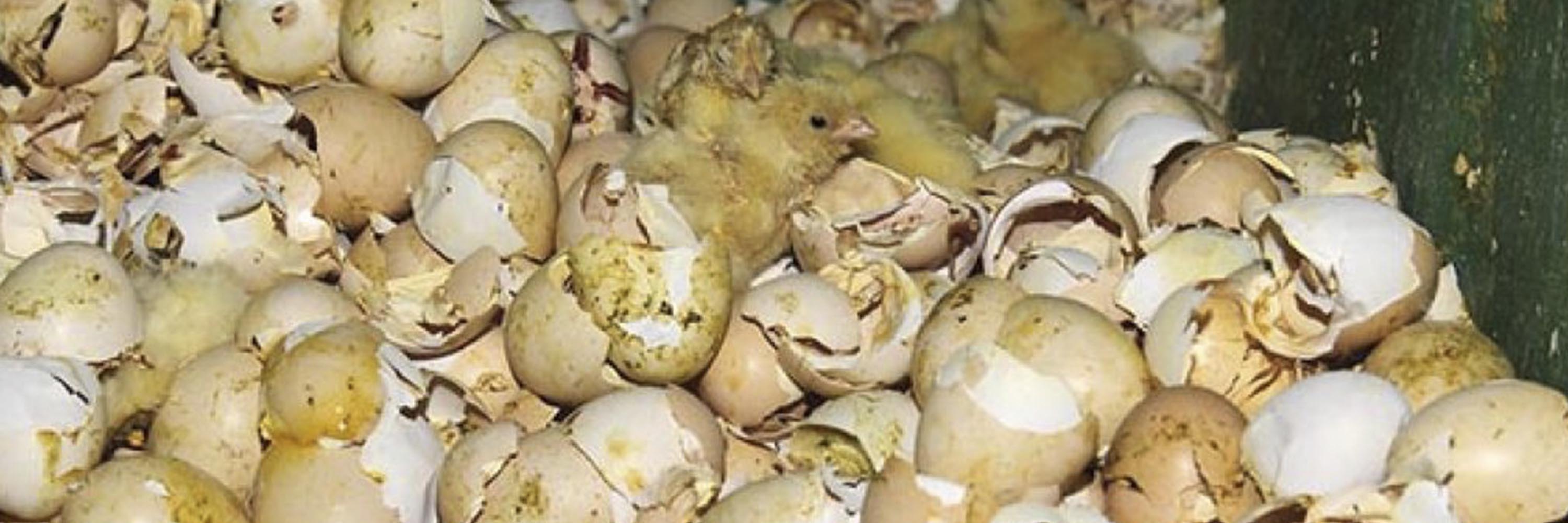
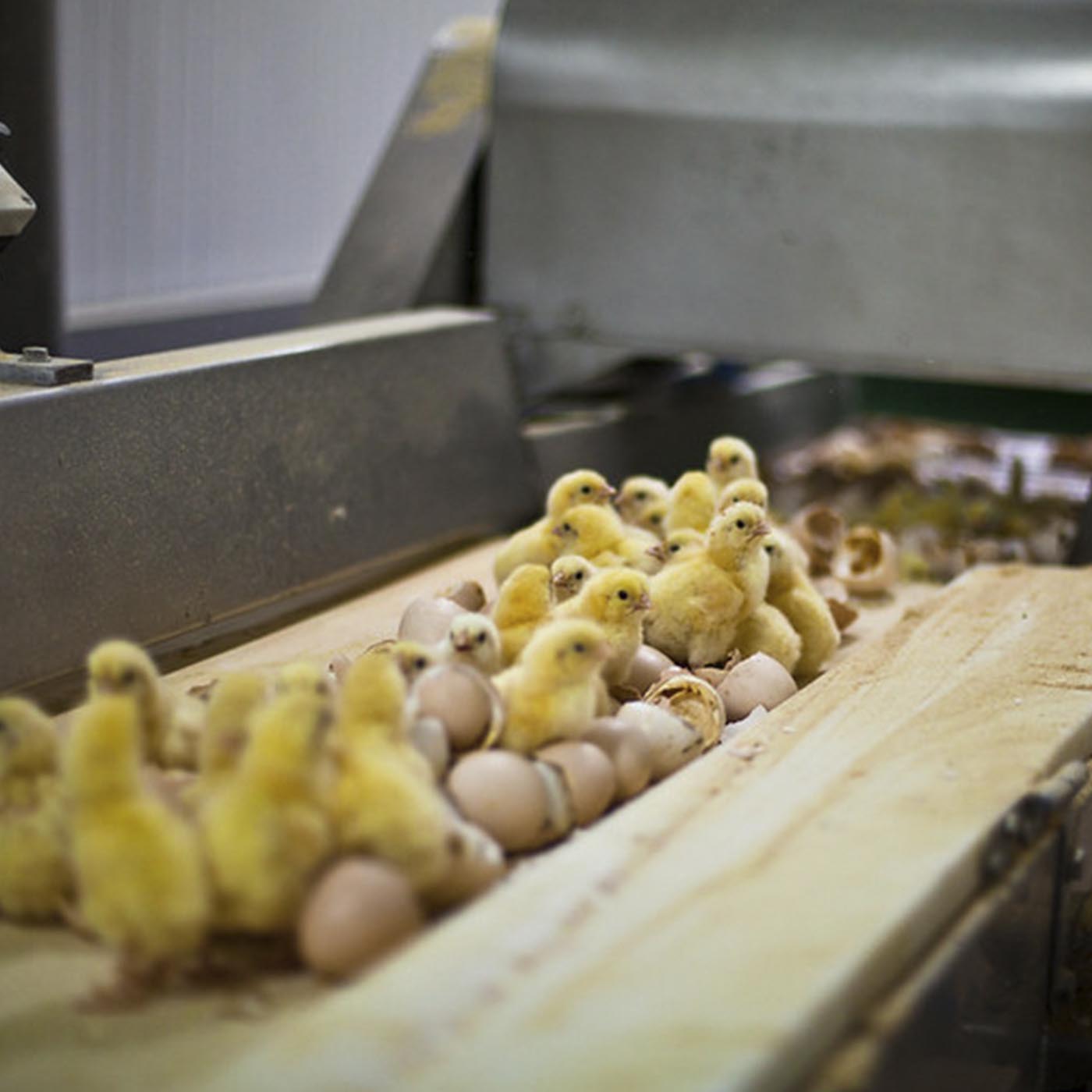
The Link Between Chick Culling and False Advertising
Last week, Animal Equality launched a campaign to ban the egg industry’s practice of killing unwanted male chicks. To the egg industry, the lives of male chicks are worthless, because they cannot lay eggs, and they are the “wrong” breed for the chicken meat industry. So, they are simply killed. They are killed by literally being thrown away and left to suffocate in trash bags or by being shredded alive in large grinders.
STANDARD PRACTICE: Despite the rapidly growing availability of technology that allows producers to determine the sex of each fertilized egg before it develops into a chick, the practice is still performed in nearly 100 percent of supply chains in the US egg production industry. This means even eggs advertised as ‘humane’ are produced using this highly inhumane practice. No reasonable consumer would expect they are contributing to this type of cruelty when they purchase eggs marketed this way.
Although the practice of culling male chicks is currently legal in all 50 states, it could still lead to legal liability for egg companies. Here’s how:
“HUMANE-WASHING”: Consumers who purchase eggs touted as “humane” aren’t getting what they think they are paying for. This raises the question of “humane-washing”—a marketing tactic in which companies use words or images that convey a level of animal care and treatment that does not represent reality. Common examples are the use of phrases like “humanely sourced” or “American Humane Certified,” or the use of imagery depicting animals outdoors in green pastures.
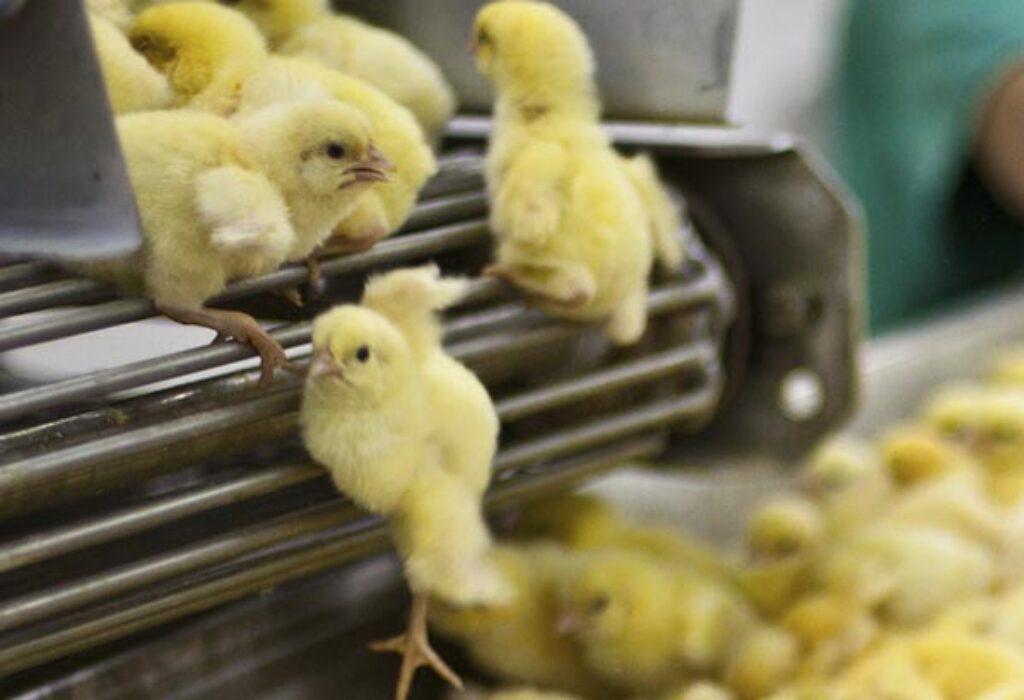
APPLYING FALSE-ADVERTISING LAW: Although not all instances of humanewashing are illegal, many are. There are laws that exist to protect consumers from deceptive marketing practices, including misleading claims related to animal welfare. For example, the Federal Trade Commission (the agency that regulates deceptive advertising) considers a claim about a product to be unlawful if it “is likely to mislead a consumer acting reasonably in the circumstances” and “is likely to affect the consumer’s conduct or decision with regard to a product or service.”
With that legal test in mind, is it unlawful to advertise eggs as “humane” if those eggs came from a supply chain that routinely kills male chicks? Although this particular question has never been tested in court, the answer is probably yes. Here’s why:
- First of all, the welfare of animals involved in food production is an important issue to many consumers, especially those willing to pay a premium for products advertised as “humane.” Companies know this – it is why they make claims about animal welfare in the first place! Therefore, the first part of the legal test – whether an animal welfare claim about a product “is likely to affect the consumer’s conduct or decision with regard to [that] product” – is easily met, because the “humane” claim makes consumers more likely to decide to purchase the product.
- Second, if a consumer reasonably expects that the production of eggs marketed as “humane” would not involve the routine culling of male chicks in the supply chain, then the claim “is likely to mislead”. That is the second part of the test that courts apply in false-advertising cases.
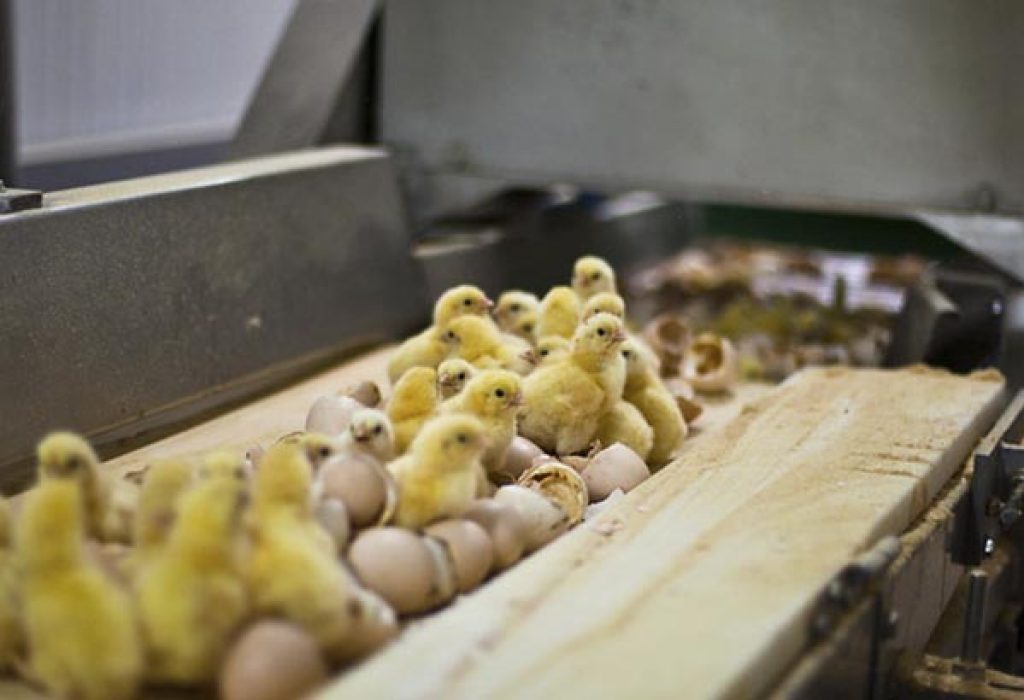
INHUMANE AND UNLAWFUL: Putting it all together, the marketing of eggs as “humane” violates the Federal Trade Commission’s advertising standard if that claim is likely to mislead consumers into reasonably believing that male chicks are not routinely killed in the production of those eggs (when in fact they are) and those consumers, on the basis of that incorrect belief, become more likely to purchase the eggs. That is the type of situation false-advertising laws are designed to protect against.
As of this writing, 7,423 people have signed Animal Equality’s petition declaring they do not consider the practice of male chick culling to be humane and therefore would not expect this practice to exist in the supply chain of “humane”-labeled eggs.
WHAT YOU CAN DO: If you haven’t already done so, add your name to the list of people demanding a ban on male chick culling and making clear that reasonable consumers do not expect eggs produced with this process in the chain of production to be advertised as “humane.”

